Wednesday, September 17 is Constitution Day and Citizenship Day according to 36 U.S.C. 106 which states its purpose “to commemorate the formation and signing on September 17, 1787, of the Constitution and recognize all who, by coming of age or by naturalization, have become citizens.” The history of Constitution Day goes back to 1952 when Congress passed a joint resolution (66 Stat. 9) that designated September 17 as Citizenship Day. In 1956, another joint resolution (70 Stat. 932) established September 17 through 23 as Constitution Week. Public Law 105-225 revised and codified laws related to “Patriotic and National Observances” as Title 36 of the United States Code in 1998. In 2005, Congress passed Public Law 108-447 that added “Constitution Day” to the law and mandated ” the civil and educational authorities of States, counties, cities, and towns are urged to make plans for the proper observance of Constitution Day and Citizenship Day and for the complete instruction of citizens in their responsibilities and opportunities as citizens of the United States and of the State and locality in which they reside.”
To mark the event at Brooklyn Law School, Constitutional Law Professors Bill Araiza, Joel Gora, Susan Herman, and Andrew Napolitano will conduct a discussion on the most significant Supreme Court cases of the last term. These include the Hobby Lobby case and cases about campaign finance, affirmative action, and cell phone searches. The professors will also address issues likely to come before the Court in the near future, including the status of cases about the right to marriage equality. Students are encouraged to attend and participate in a Q & A with the faculty members.
On Saturday, September 13 at 12:00 pm noon, BLS Professor Susan Herman who serves as ACLU president will appear on the long-running television show Open Mind on PBS Channel THIRTEEN/WNET to consider the 2014 Supreme Court decisions and their impact on individual liberty. She explores the Hobby Lobby case, among others, as well as how to balance privacy and national security concerns. The show will also air on CUNY TV at 9:30 am & 8:30 pm Sundays and 8:00 am & 2:00/8:00 pm Mondays.
 The BLS Library Law Library has an extensive collection of books on the Constitution, its history and interpretation. To locate books on the history of the Constitution, use the SARA catalog to conduct a subject search using the phrase: United States — Constitutional history. Some recent acquisitions in the BLS Library collection include Is the American Constitution Obsolete? by Thomas J. Main (Call #KF4550 .M255 2013), a comprehensive one-volume debate on the pros and cons of our basic law and how it deals with questions such as judicial review, political gridlock, direct election of the president and the future of the electoral college. It is ideal reading for courses that cover the Constitution.
The BLS Library Law Library has an extensive collection of books on the Constitution, its history and interpretation. To locate books on the history of the Constitution, use the SARA catalog to conduct a subject search using the phrase: United States — Constitutional history. Some recent acquisitions in the BLS Library collection include Is the American Constitution Obsolete? by Thomas J. Main (Call #KF4550 .M255 2013), a comprehensive one-volume debate on the pros and cons of our basic law and how it deals with questions such as judicial review, political gridlock, direct election of the president and the future of the electoral college. It is ideal reading for courses that cover the Constitution.
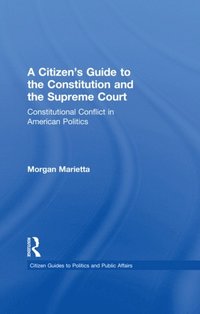 Another recent acquisition to the BLS Library collection on the subject is A Citizen’s Guide to the Constitution and the Supreme Court: Constitutional Conflict in American Politics by Morgan Marietta (Call #KF4550.Z9 M275 2014). The author provides an overview of the perspectives from the leading schools of constitutional interpretation–textualism, common law constitutionalism, originalism, and living constitutionalism. He discusses the points of conflict and competing schools of thought in the context of several landmark cases and ends with advice to readers on how to interpret constitutional issues ourselves.
Another recent acquisition to the BLS Library collection on the subject is A Citizen’s Guide to the Constitution and the Supreme Court: Constitutional Conflict in American Politics by Morgan Marietta (Call #KF4550.Z9 M275 2014). The author provides an overview of the perspectives from the leading schools of constitutional interpretation–textualism, common law constitutionalism, originalism, and living constitutionalism. He discusses the points of conflict and competing schools of thought in the context of several landmark cases and ends with advice to readers on how to interpret constitutional issues ourselves.

 The Brooklyn Law School Library has ordered a new book on the subject for its collection:
The Brooklyn Law School Library has ordered a new book on the subject for its collection: 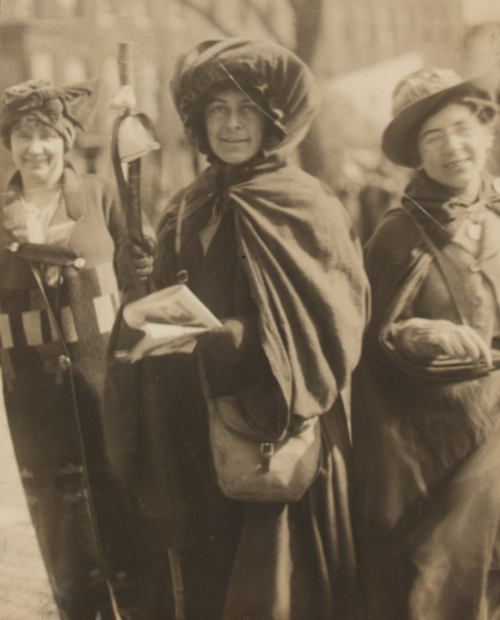
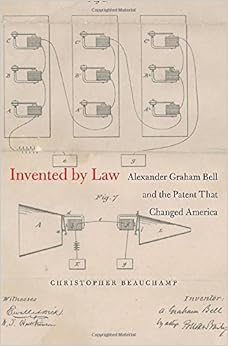 Christopher Beauchamp
Christopher Beauchamp
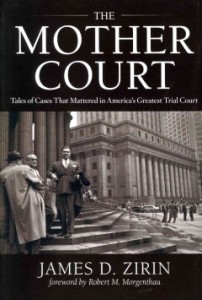
 The BLS Library Law Library has an extensive collection of books on the Constitution, its history and interpretation. To locate books on the history of the Constitution, use the SARA catalog to conduct a subject search using the phrase: United States — Constitutional history. Some recent acquisitions in the BLS Library collection include
The BLS Library Law Library has an extensive collection of books on the Constitution, its history and interpretation. To locate books on the history of the Constitution, use the SARA catalog to conduct a subject search using the phrase: United States — Constitutional history. Some recent acquisitions in the BLS Library collection include  Another recent acquisition to the BLS Library collection on the subject is
Another recent acquisition to the BLS Library collection on the subject is 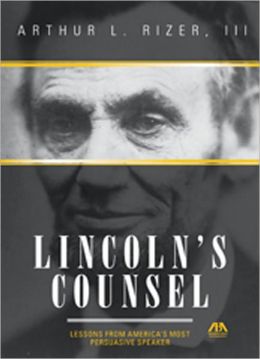 The Gettysburg Address still matters today. Brooklyn Law School Library’s copy of
The Gettysburg Address still matters today. Brooklyn Law School Library’s copy of 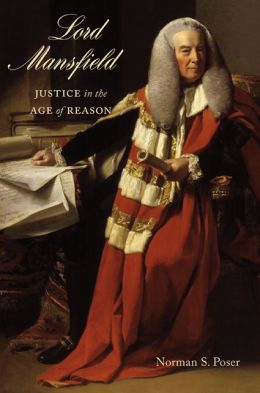 Prof. Poser recently published
Prof. Poser recently published 